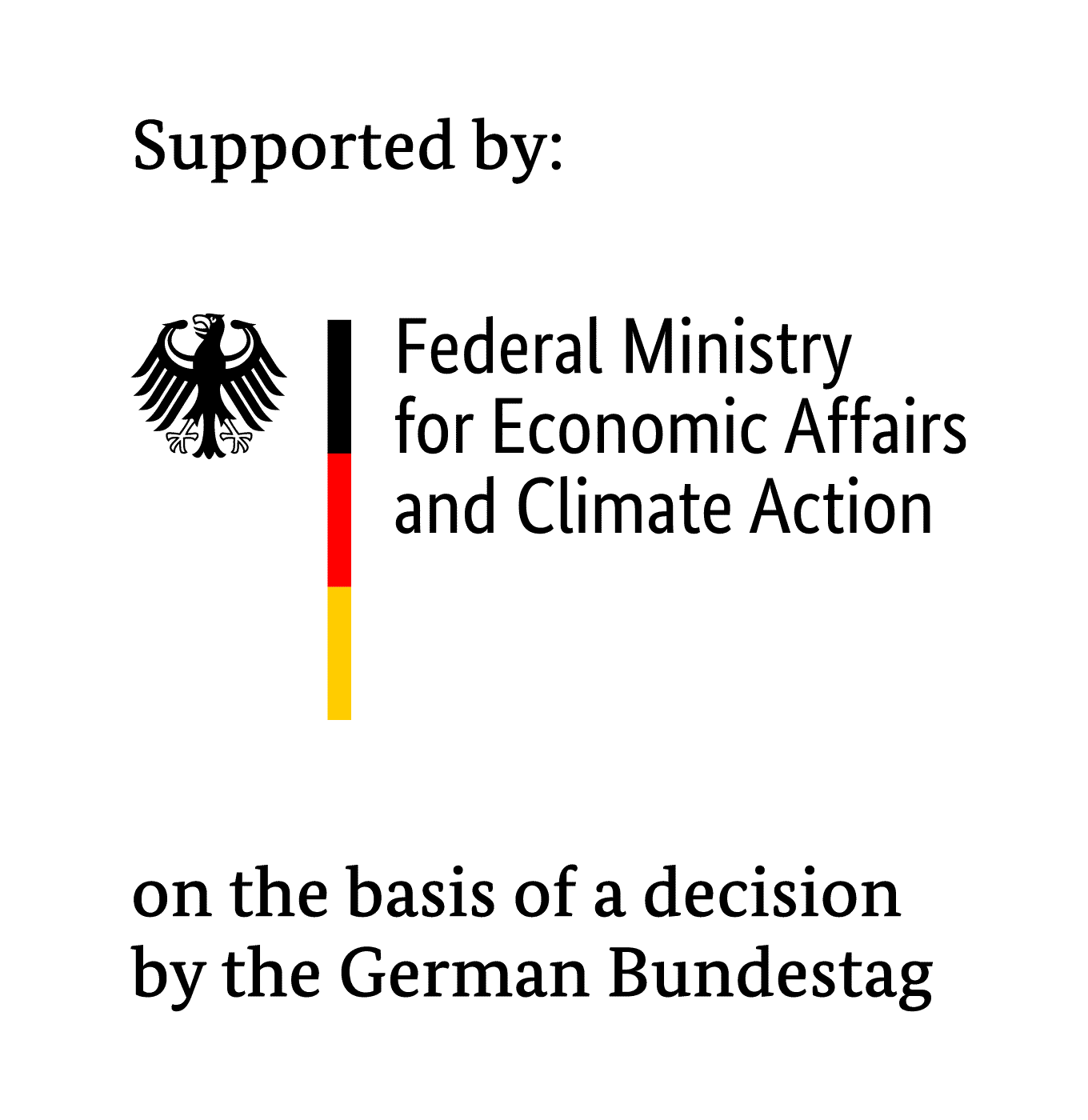
ProVe – Processes and components for high active area fractions in PV modules
Contact
Dr. Chencheng Xu
Tel.: +49(0)5151-999 431
E-Mail: chencheng.xu@isfh.de
The high efficiency of cost-effective photovoltaic (PV) modules is the key for applications where only small areas are available for energy use, such as vehicle integrated or building-integrated photovoltaics. A higher efficiency results in a direct proportional reduction of the material costs of the PV module, the material and installation costs of PV systems and the required space. The aim of the project is to provide a method for all silicon wafer-based PV module technologies that enables a 4% more efficient use of space than conventional technology. To this end, a solar cell interconnection technology is to be applied, in which the solar cells are positioned in the PV module without gaps. The lamination process is to be modified in such a way that the solar cells can be positioned and connected in the module without any breaking despite the high packing density. This new type of wiring and lamination, known as ProVe technology, also allows electrical wiring with a larger conductor cross-section and solar cells of smaller thickness to be used in the module compared with current technologies. This enables further efficiency increases in the range of 1% and/or cost savings in silicon material consumption. In contrast to shingle technology, ProVe technology can also be used to process non-cut solar cells. The technology is to be further developed as part of the project for mono and bifacial modules. The reflection of the rear side foils is to be adapted to the light transmitted by the solar cell (1050 nm-1200 nm) for bifacial solar cells placed in the PV module without spacing, in order to achieve a further increase in yield of approx. 0.6%.
Partners
Duration of the project
01.06.2019 – 31.12.2022
Final report
The final report of the project can be found here!
Funding
The project is funded by the Federal Ministry for Economic Affairs and Climate Action under grant no 03EE1004.

